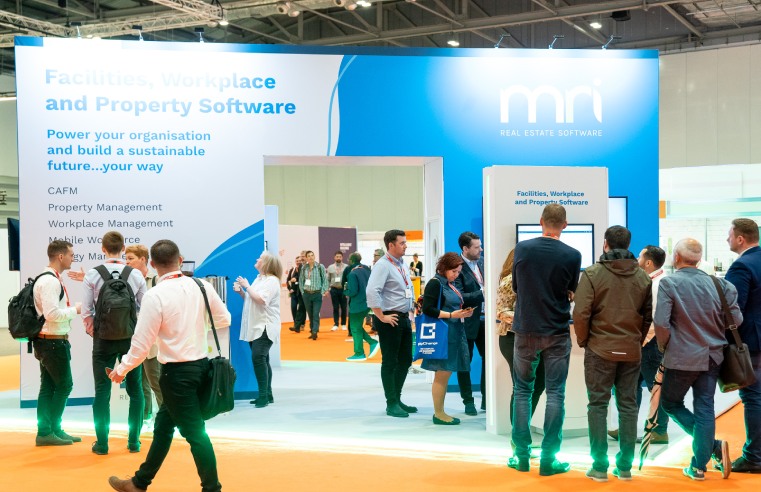Freespace, a workplace technology solution that anonymously captures space usage in offices worldwide, is assisting Cardiff University with a scientific study on building occupancy patterns at the Open Space Network building in Warminster.
The findings from the year-long research will support the University’s academic studies into office space management and the emerging needs of a changing work environment. The project is funded by Innovate UK, part of UK Research and Innovation (UKRI), the national funding agency investing in science and research in the UK.
The collaboration between Cardiff University and Open Space Network is focussed on providing new insight into employee choices around hybrid working and the office environment post-COVID-19. By understanding patterns of space use and human interactions in the office environment, the University is developing critical knowledge to balance measurements of the risk certain design and layouts have on virus or other transmission risks against social benefit and employee mental well-being. They will create best practice templates for UK Government and other office occupiers.
Freespace’s workplace sensors are being used by Cardiff University to help create a long-term healthy working environment for the 20+ occupants of the building. Combined with other smart access and interaction technologies they will provide a unique picture of future workspace requirements. When the scientific study is complete in October 2021, the University will start drawing conclusions based on the evidence from Freespace’s anonymous occupancy data.
The study will deliver a long-term, scientifically monitored example of how people interact within a workplace. This will enable Cardiff University to develop a robust understanding of occupancy patterns and trends, and help to deliver findings that will assist with future workplace decisions.
Fernando Loizides and Kathryn Jones of Cardiff University’s School of Computer Science and Informatics comment: “There are many challenges facing workplaces. Not only do space managers need to monitor how their workplaces are being used, but they also need to understand how, when, and why that usage changes and whether people are accepting of these changes. A year-long study using anonymous data from Freespace’s sensors will help us to draw conclusions and give us an idea as to what our employees need and want from their workplace. Once these results have been analysed, we can combine them with other workplace variables such as air quality, temperature, noise, and light.”
Raj Krishnamurthy, CEO, Freespace, commented: “The key in all our workplaces is to monitor in a non-invasive and private way. Our data can help organisations understand how their spaces are being used which will help them make their workplaces fit for purpose in a post-Covid world. For instance, it might encourage them to review the size of the workplace to cater for the actual number of people using the office. This study will provide Cardiff University with accurate and actionable data driven by user behaviours, allowing them to make educated decisions on designing, optimising, and investing in their real estate space.”
Freespace’s workplace sensors are installed in a non-invasive way to allow building occupants to behave and move authentically and naturally. It has so far deployed over 100,000 workplace sensors worldwide providing insights into working patterns and office utilisation, supporting the ‘return to work’ across 130 cities, in 80 countries, and five continents.



































